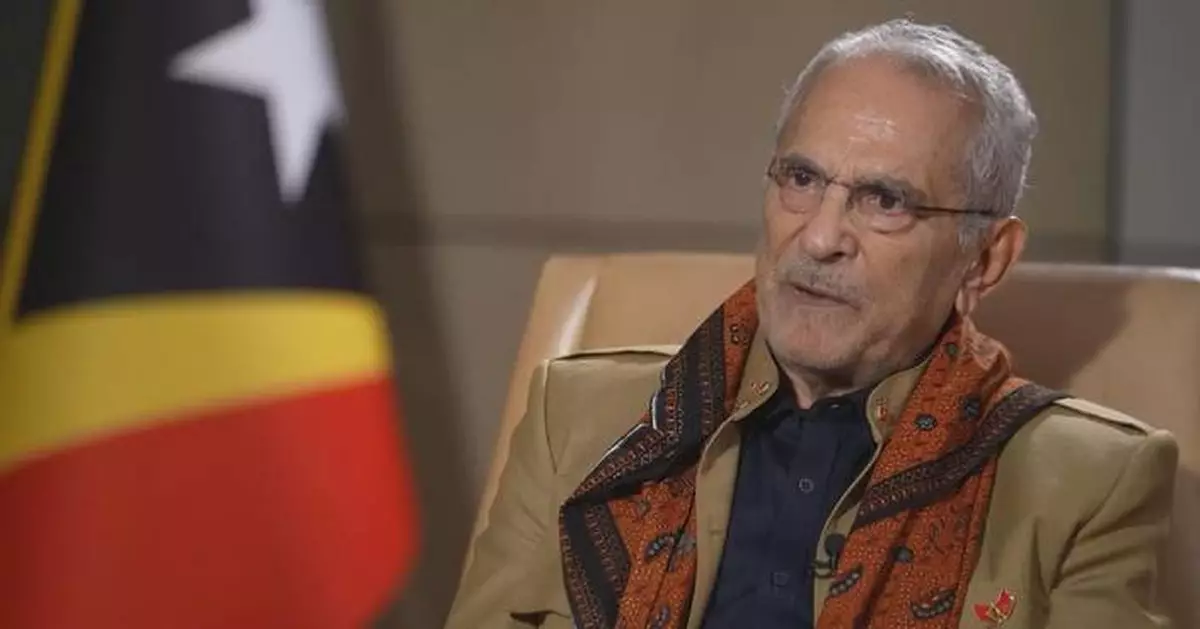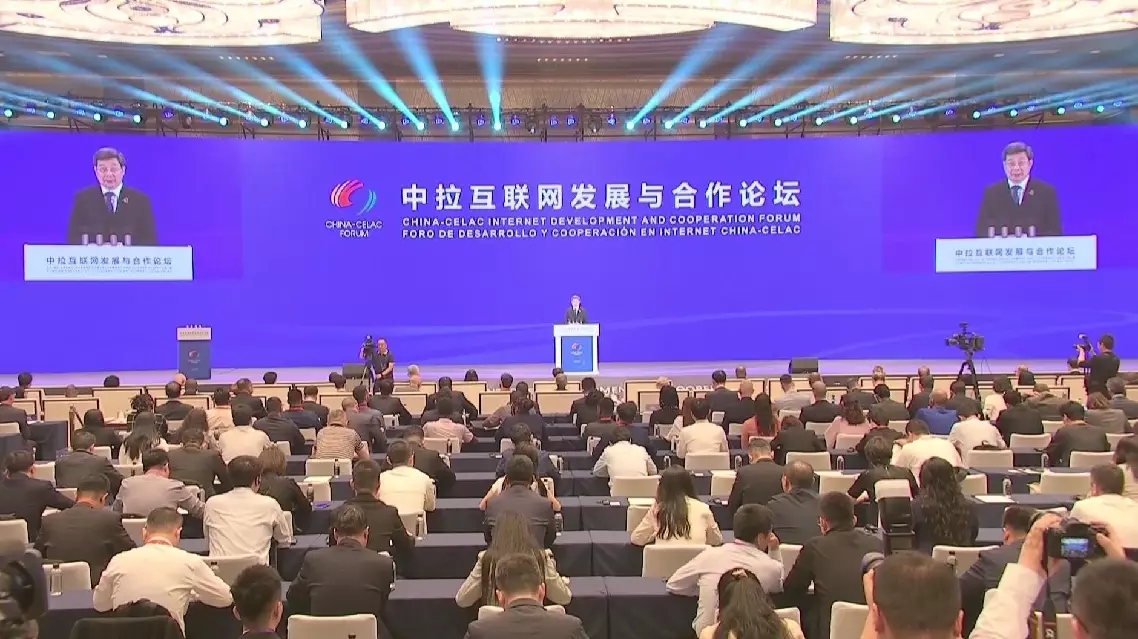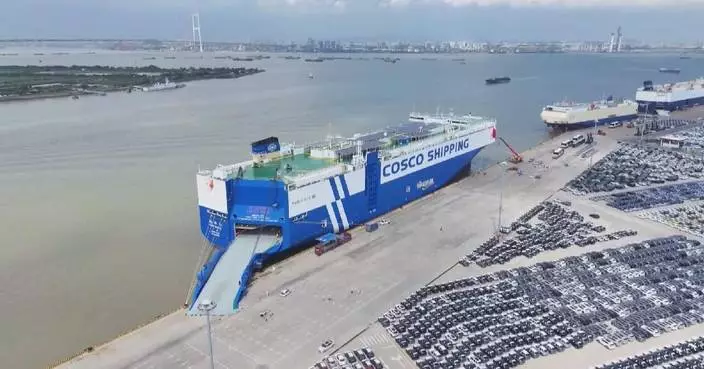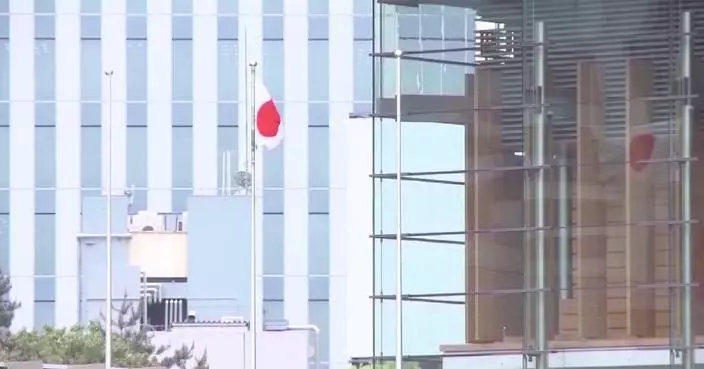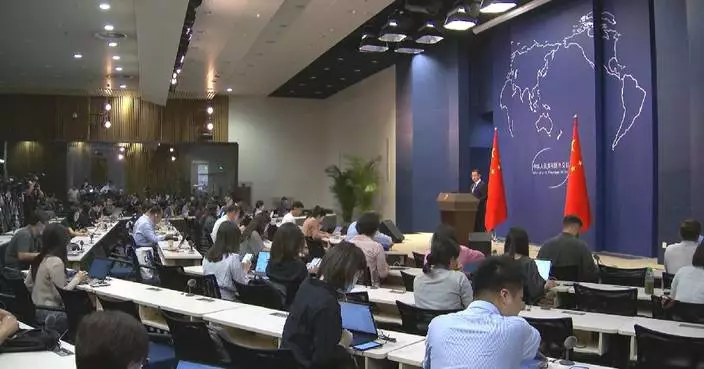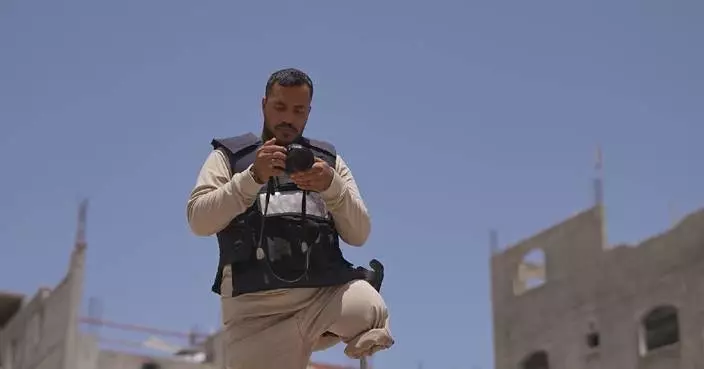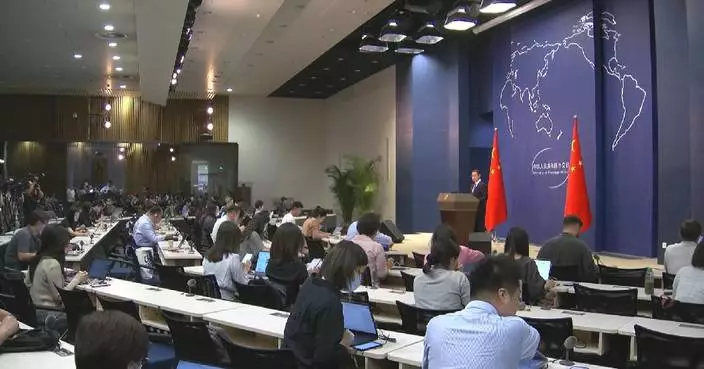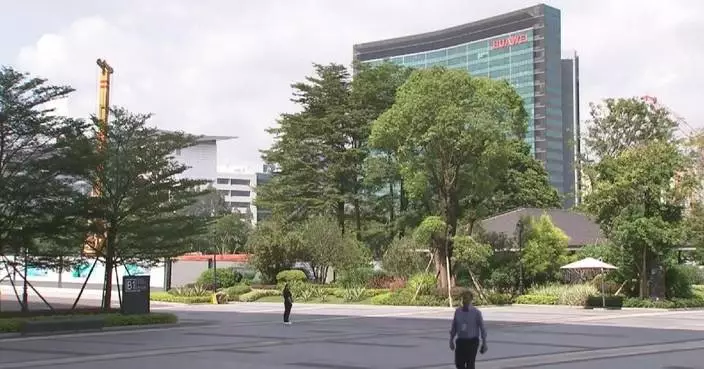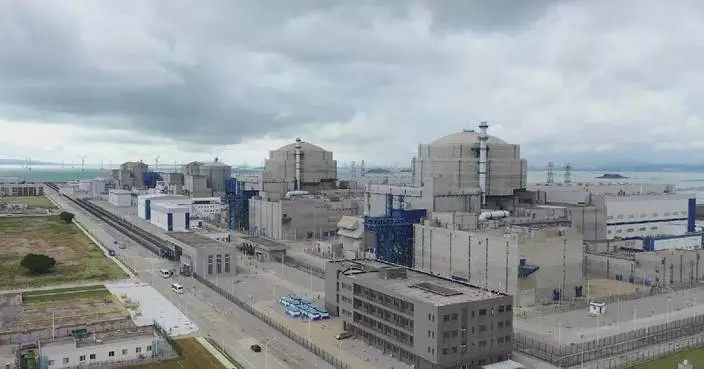Richer countries must take the lead in climate action, given their financial resources and substantial contribution to historical greenhouse gas emissions, Timor-Leste's President Jose Ramos-Horta said in an interview in Beijing on Tuesday.
During the interview, Ramos-Horta emphasized that Western countries should provide unconditional support to help developing countries such as East Timor transition to renewable energy, rather than criticize their continued use of fossil fuels for survival.
"Because some in the West, whether environmentalist groups whom I commend and some in government, they seem to forget that it was the West that rapaciously used coal and all other non-renewable energy to reach where we have reached-the devastation of the planet. It was the West that benefited the most from industrial revolutions, benefited the most from coal extraction, forest logging and all of that. So they are the ones who should use their wealth to rebuild the planet without expecting or lecturing us in the third world," he said.
"Timor-Leste, we are a very small oil and gas producing country. Particularly gas, we are not going to stop the development of our potential gas resources because we need them for our survival. But at the same time, we are already looking at renewable energy, gradually. But the richer countries have to support without preconditions, without conditionalities, the transition of the developing countries towards renewable energy over several decades. For us, a fair just transition to renewable energy is precisely this. But so far, we have seen a lot of talk, a lot of pledges, but still very little money actually delivered to the Global South. And when the money is available, the formalities, the layers of bureaucracy is such, we are bogged down by all the bureaucracy and conditionalities imposed by the rich countries," he added.
Ramos-Horta paid a state visit to China from July 28 to 31 at the invitation of Chinese President Xi Jinping. This is the president's first visit to China after he took office in 2022 and the first state visit by a Timor-Leste president to China since the establishment of diplomatic ties in 2002.
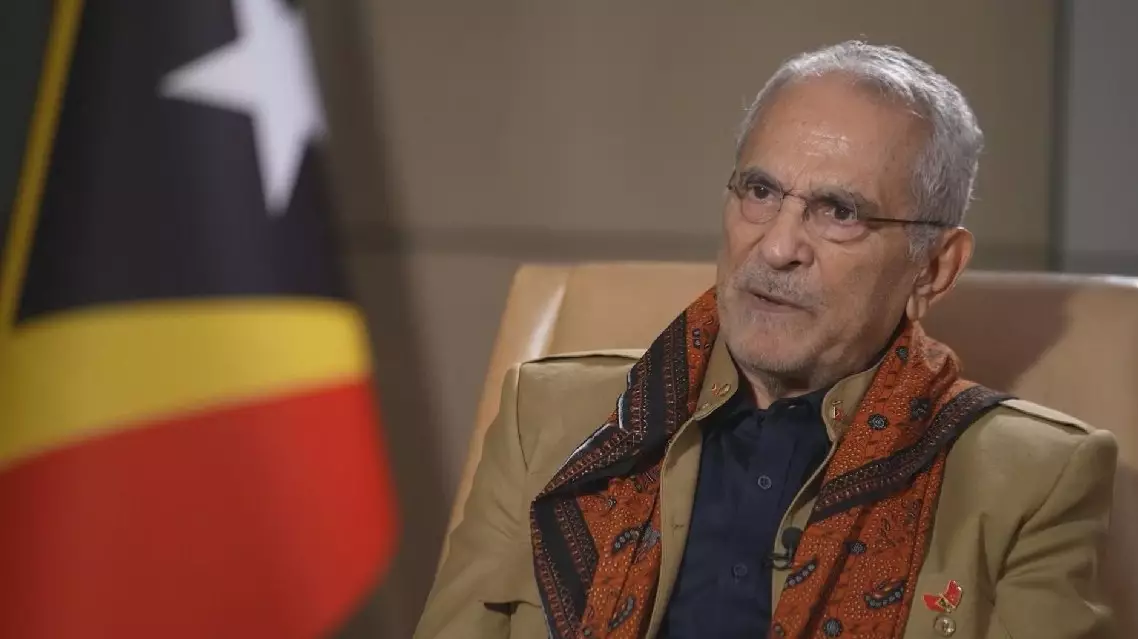
Timor-Leste president calls on richer countries to spearhead climate action, aid green transition


